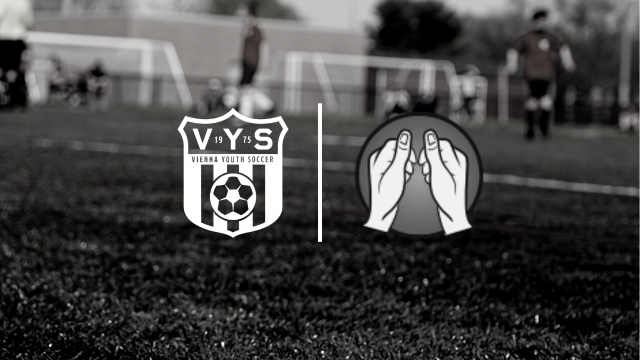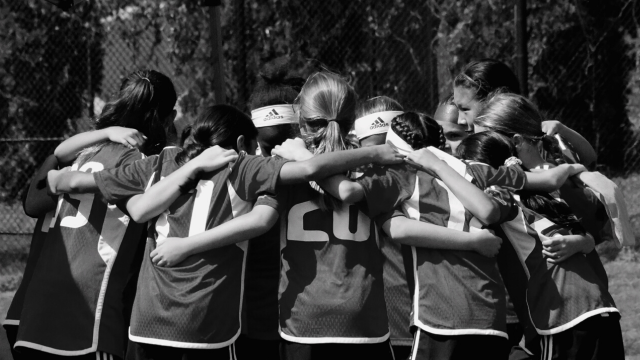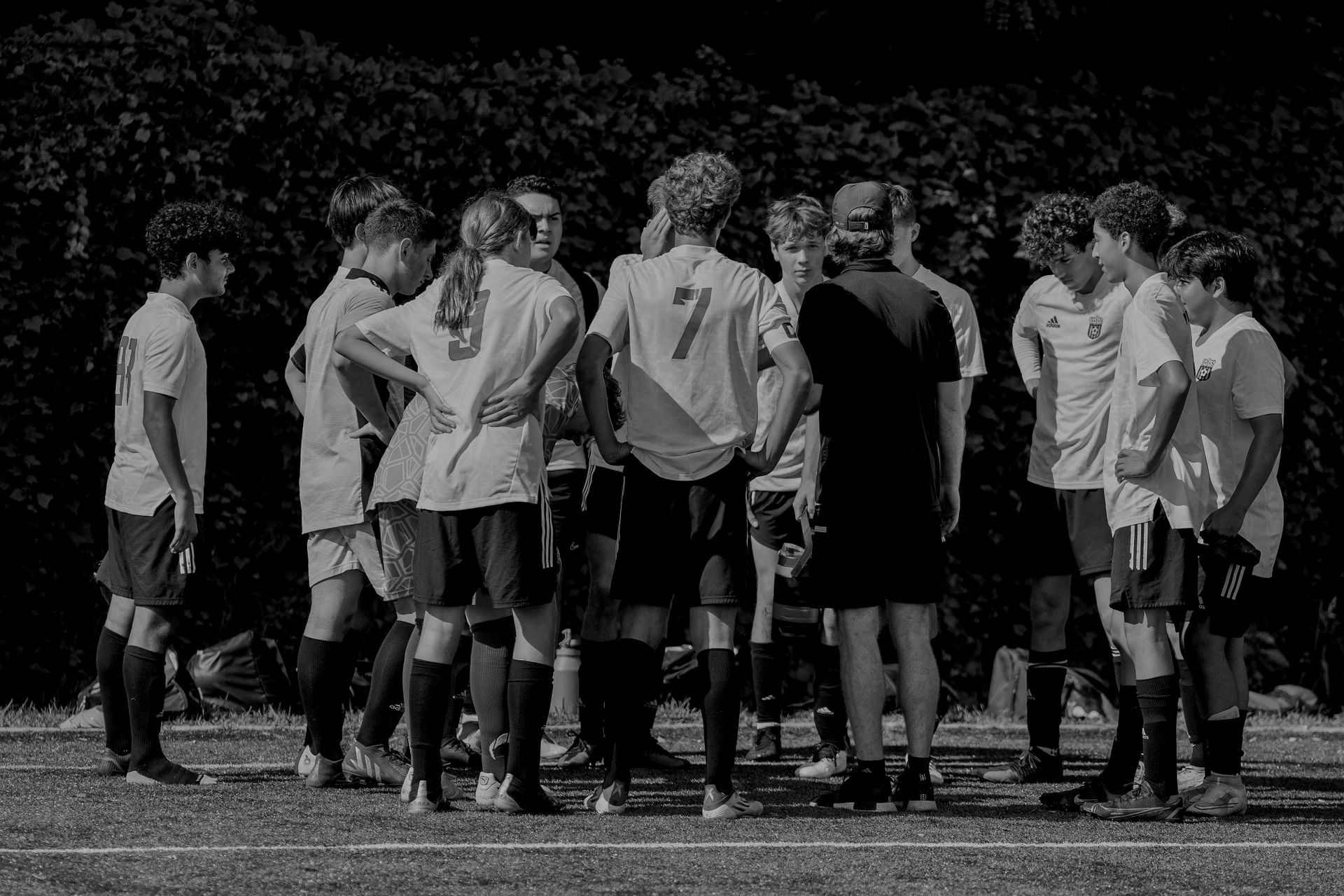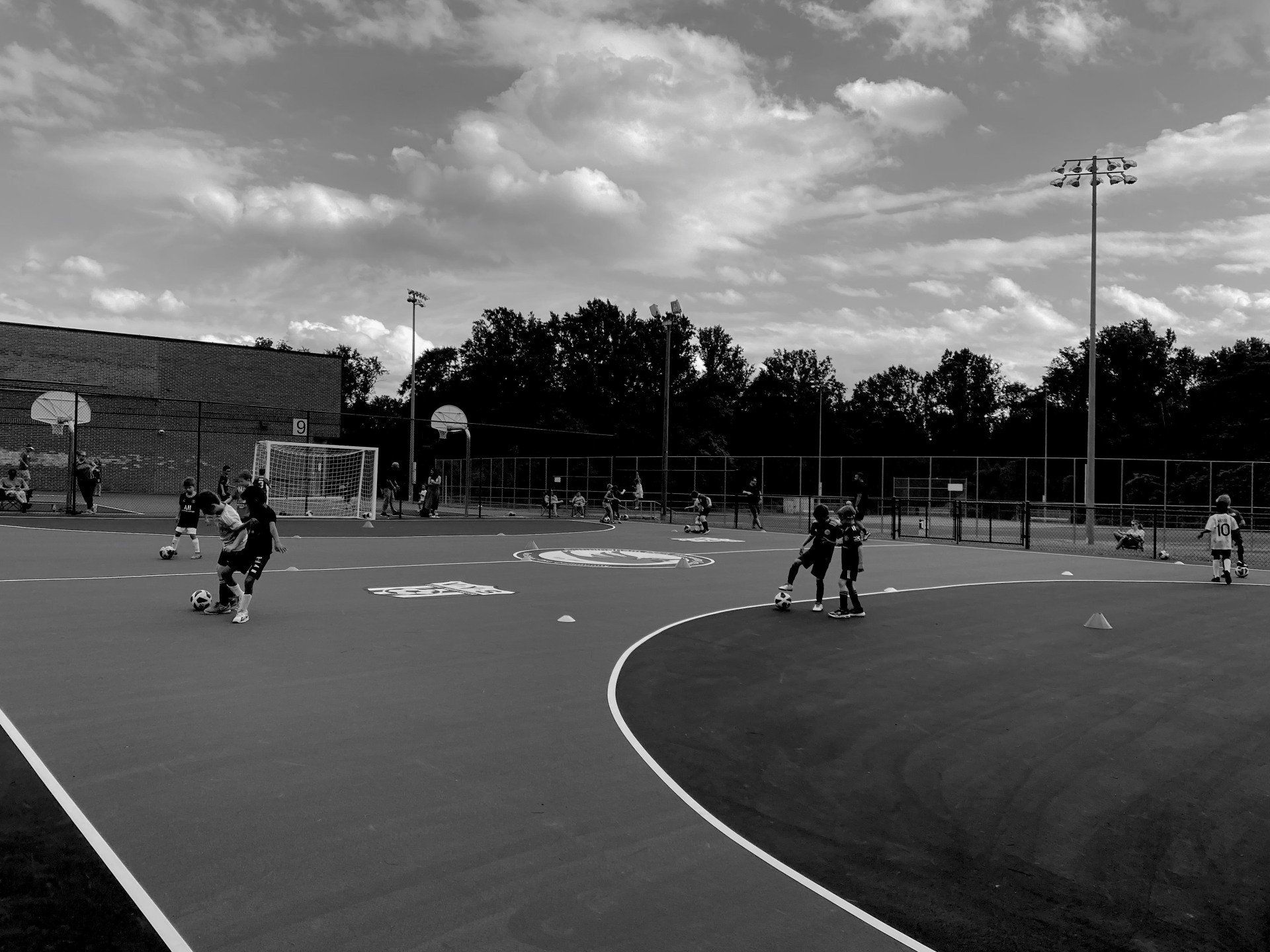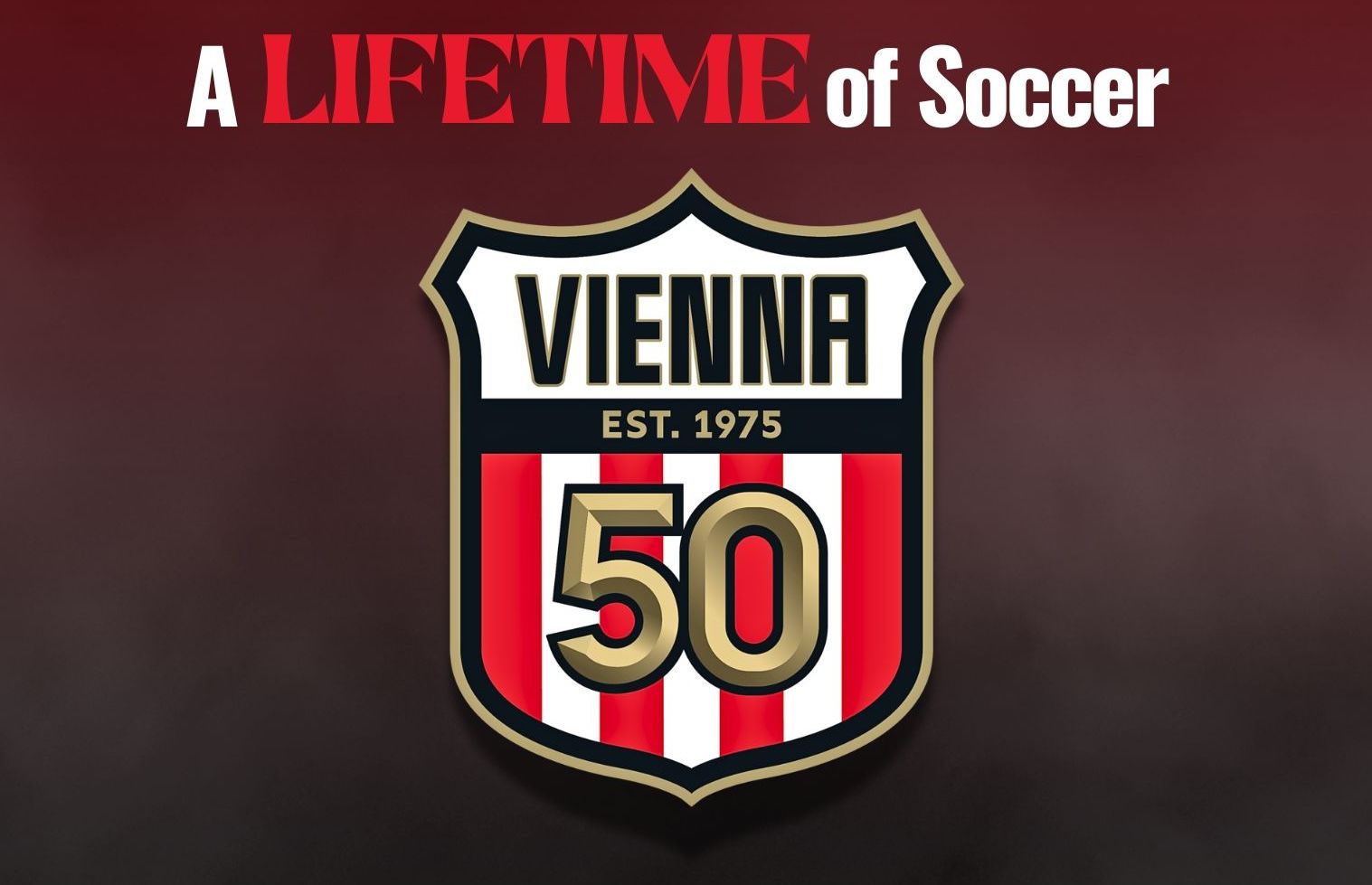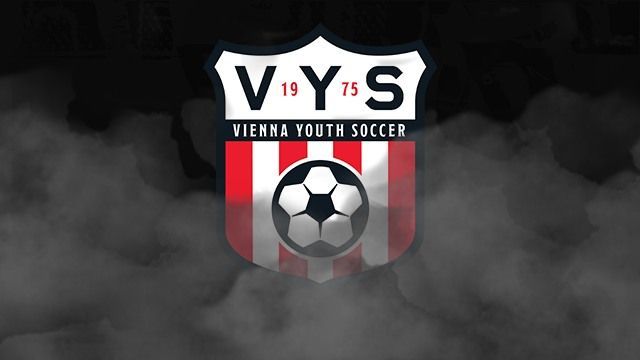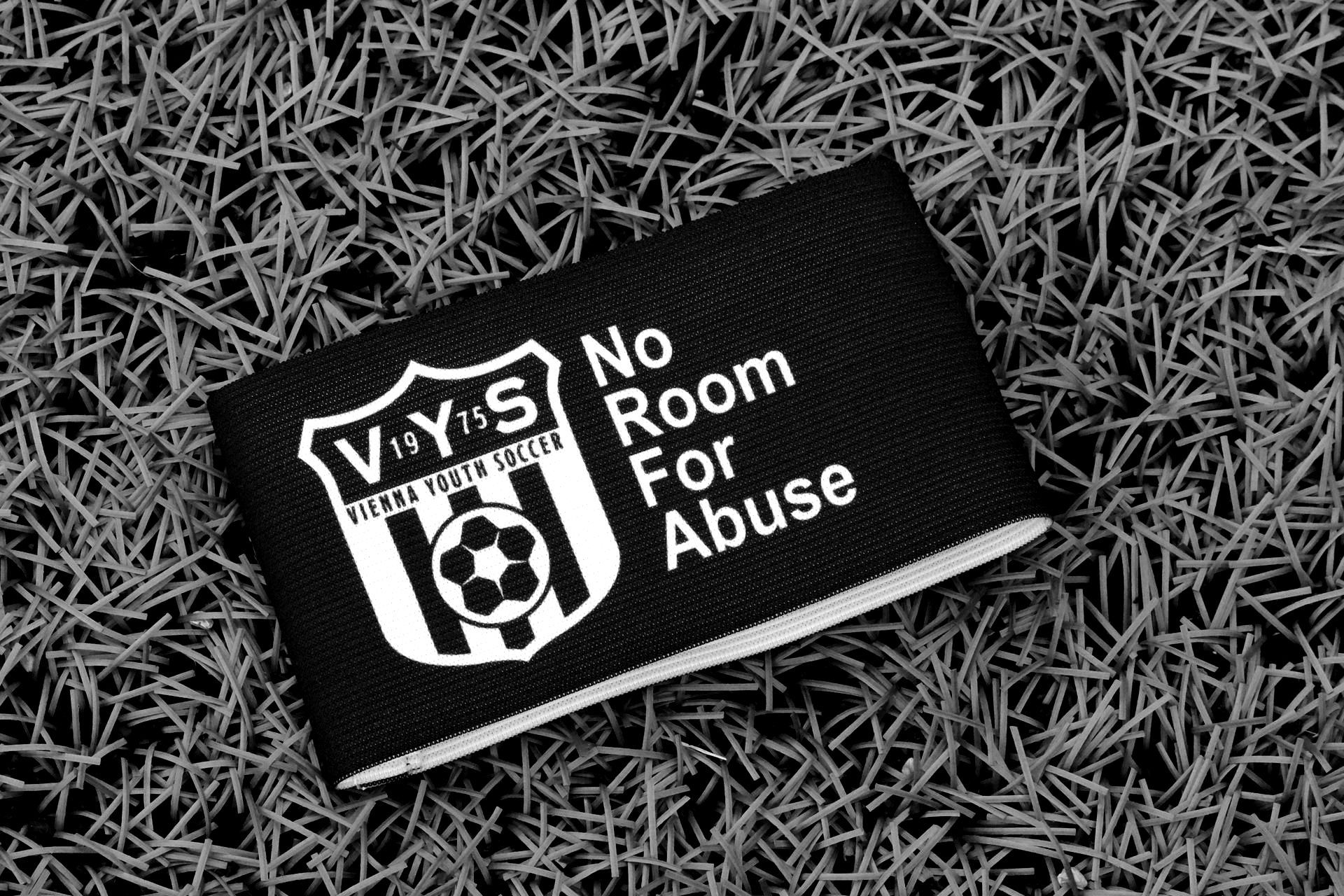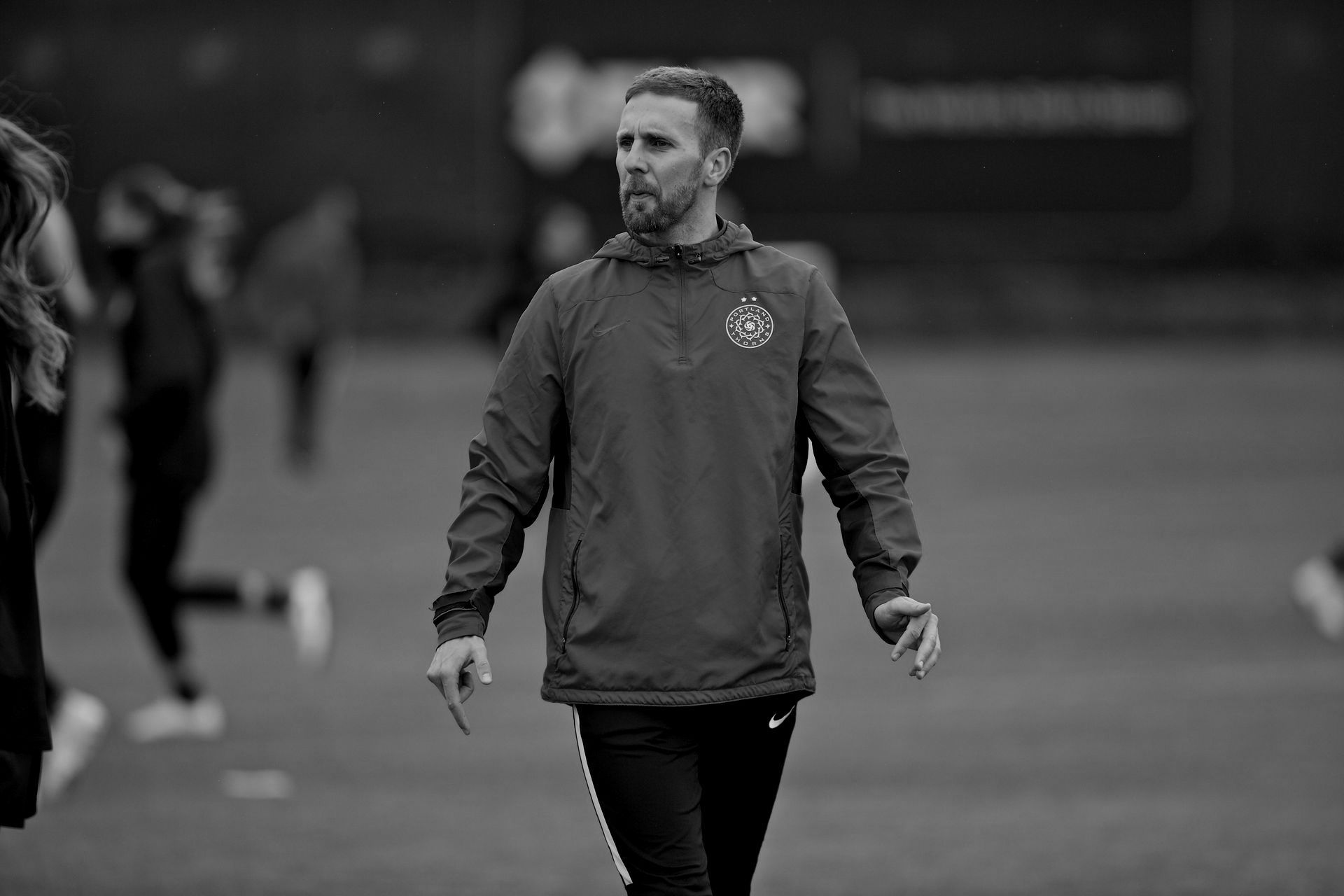Sports Performance Series: Guest Panel
The VYS Sports Performance education series is back! This time we are kicking things off with a special guest panel on May 16th. Led by Sports Performance Director, John Ciampa, our panel will discuss playing with confidence and focus on the physical and mental factors needed to do so. Attendants can expect to learn various ways to improve both off the ball and field.
Joined by Keith Kaufman and Matthew Brown, this will be a worthwhile event for all players looking to continue their development and take that next step.
Guest Panel
Tuesday, May 16th
Time: 6:00 - 7:15 PM
Topic: Playing with Confidence: The Physical & Mental Factors
Location: Johnson Center Bistro, George Mason University (Fairfax Campus)
All VYS members welcome
Guest Panel

Keith Kaufman
Keith Kaufman is a licensed clinical and sport psychologist who brings a wealth of knowledge to the panel discussion. Keith obtained his Ph.D. in Clinical Psychology from Catholic University and has spent his career researching different areas within Sport Psychology and Mindfulness.
Matthew Brown
Matthew Brown is the EP Site Director at Onelife and has spent nearly 8 years as an Explosive Performance Coach. Matt worked closely with the Washington Spirit staff as a performance coach for Explosive Performance for the 2021-2022 season, having a helping hand in the club's first NWSL Championship. In addition, Matthew as worked within the collegiate setting for various university athletic departments and teams.

Q&A
During the Sports Performance Panel Discussion on May 18th, we had several fantastic
questions that were asked from the audience. Below you will find the answers to the
questions that Dr. Keith Kaufman, Matthew Brown, and John Ciampa put together. A reminder
that these answers are not perfect, but hopefully they can help give more insight into
how we can build and develop our confidence both on and off the field.
If you feel it would be beneficial to speak further on this topic to a Sport Psychologist,
please reach out to Dr. Keith Kaufman at keithk32@gmail.com. For any other questions
related to the Sports Performance Program please contact john.ciampa@vys.org.
